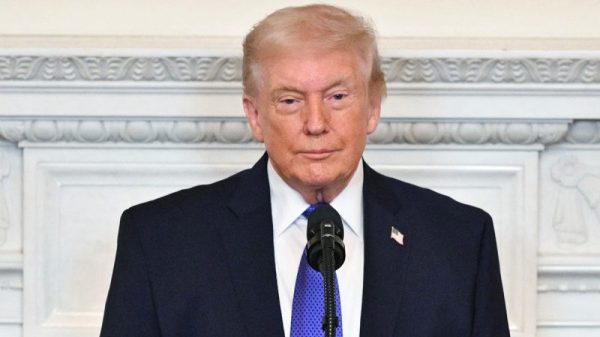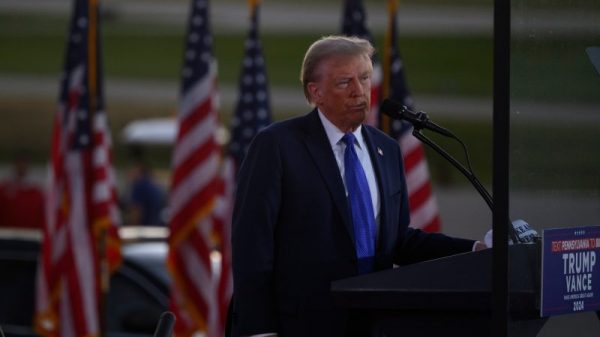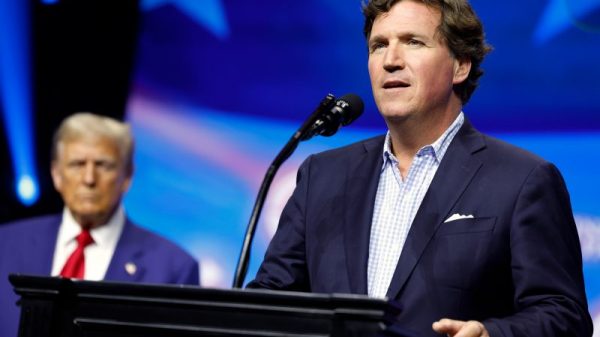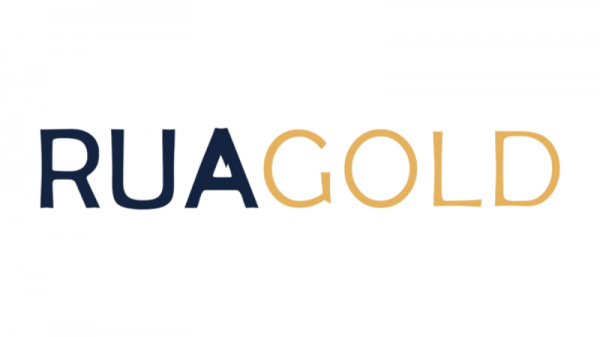

Tuttle Capital Management has submitted regulatory filings for an exchange-traded fund (ETF) that seeks to invest in companies potentially involved in advanced technologies linked to unidentified flying objects (UFOs).
The proposed fund, called the Tuttle Capital UFO Disclosure AI Powered ETF (UFOD), will allocate the majority of its assets to aerospace and defense firms believed to have exposure to classified research and development projects.
According to documentation sent to the US Securities and Exchange Commission (SEC), UFOD is designed to track companies engaged in research that may involve technology beyond conventional scientific advances.
The fund will also take short positions against firms that could be negatively impacted by potential breakthroughs in these technologies. Overall, the ETF’s investment strategy will depend on government disclosures regarding UFO-related research and alleged technological developments.
Tuttle Capital’s CEO, Matthew Tuttle, has stated that the fund’s strategy is based on speculation about the existence and possible reverse engineering of advanced aerospace technologies.
“I’m a trader. I look at (UFOs) and I say that they’re using a power source that is light years beyond anything that we have … If our government has this technology and it’s released, that will be a game-changer,” he told the Financial Times.
The firm’s SEC filing notes that government confirmation of such technologies remains uncertain, and that market sentiment around these themes is highly speculative.
UFOD is part of a broader lineup of artificial intelligence (AI) ETFs that Tuttle Capital is developing. In addition to UFOD, the firm has filed for seven other ETFs, including those focused on AI in healthcare, quantum computing and global innovation.
Each fund will integrate AI-driven selection models to determine portfolio composition and adjust allocations.
The filing states that all eight ETFs, including UFOD, will be listed on the Cboe BZX Exchange.
Specific launch dates and expense ratios have not been disclosed at this time. The regulatory approval process and market conditions will determine the timing of their introduction.
The SEC’s review process will assess whether the proposed ETFs meet regulatory standards. The agency itself has recently seen increased filings for ETFs incorporating AI into investment decisions.
Securities Disclosure: I, Giann Liguid, hold no direct investment interest in any company mentioned in this article.






































